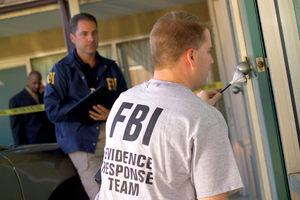
Source: Check Mate - The King in his Prime, Rammy Storm, Flickr
It’s very easy to mistake a topic for a thesis. For instance, a friend of yours might mention that she is writing an essay on “the pleasures of collecting.” Immediately you think of your Uncle Ivan who was such a compulsive collector of antique chess sets that he went into debt, got a divorce, and ended up estranged from his whole family. You are about to offer your friend this evidence of people’s interest in collecting when you realize that her essay is on the pleasures of collecting.
The key word in this case is “pleasures.” Notice that the key word can be contrasted with another possibility: It’s not about the cost of collecting; it’s about the pleasures of collecting.
Uncle Ivan had more collecting-induced problems than pleasures. Uncle Ivan’s story has to do with the topic of “collecting” but not with the thesis: “There are pleasures in collecting.”
In the following thesis statements, see if you can identify all of the key words by clicking on them. If you choose correctly, the key words will highlight in green and you will receive a “Correct” response. You should find a total of nine key words!

Choosing the key words is not too hard once you are given a thesis and you perform the key-word challenge, but when you are revising, you will not be presented with a key-word challenge. You may well start discussing the use of corporal punishment without relating it to the key word “problems,” or discussing how to apply nail polish correctly rather than how “wild” nail polish makes you happy.
Finding your thesis sentence and identifying the key words is a good idea when you revise. After you finish these tasks, check your evidence to be sure it is relevant to all of the key words in your thesis.

Source: FBI Evidence Response Team, Wikimedia
It is important to evaluate your evidence. You need to distinguish what is clearly relevant from what is not.
However, it is not necessary to automatically reject the evidence that you would not classify as clearly relevant. Sometimes you can make clear how the evidence is relevant to your thesis by adding a crucial sentence or two.
As you revise, you should make two decisions about evidence: decide what cannot be connected with your thesis and reject it, and decide what is relevant but not clearly relevant, and connect it to your thesis. Making evidence relevant is the topic of the next section.